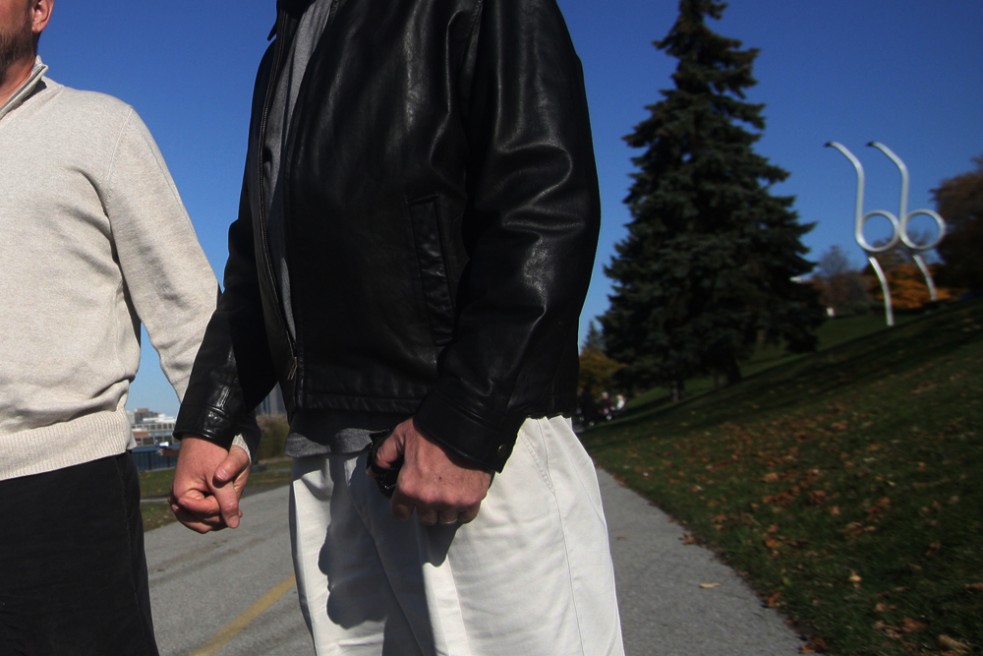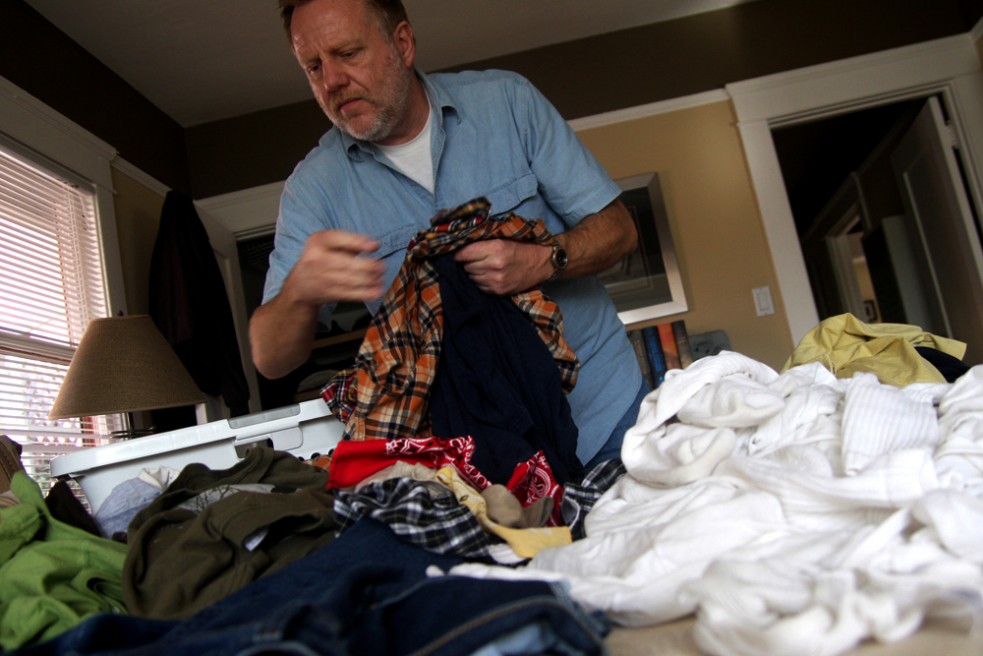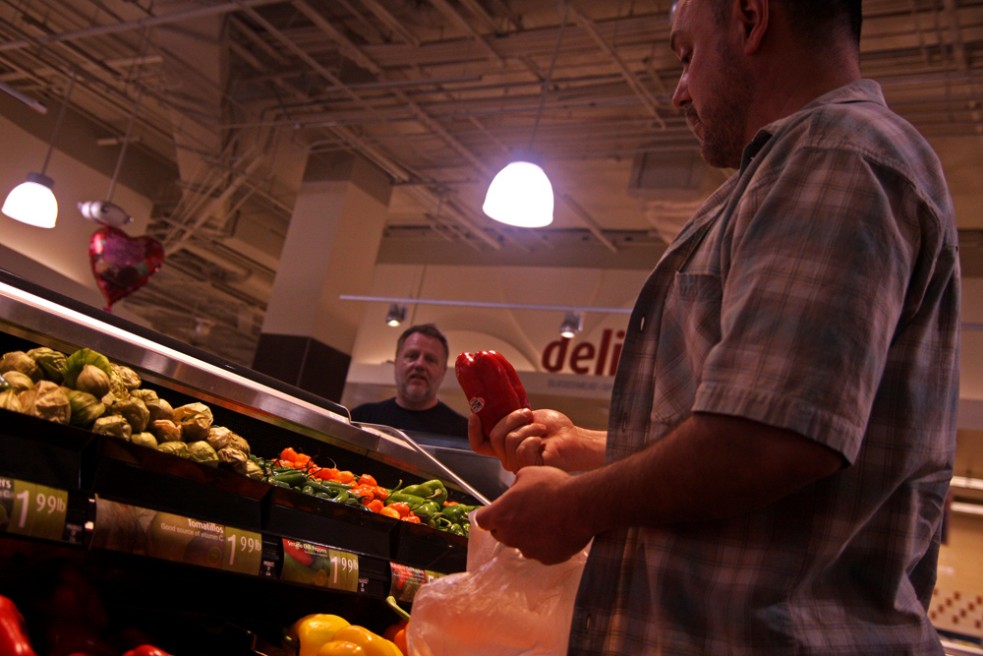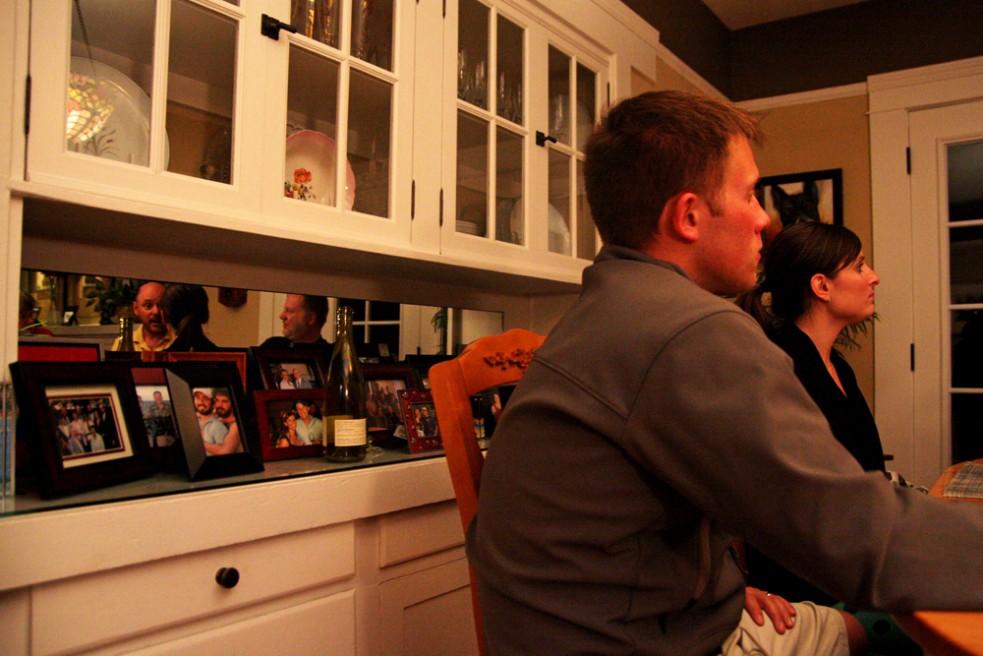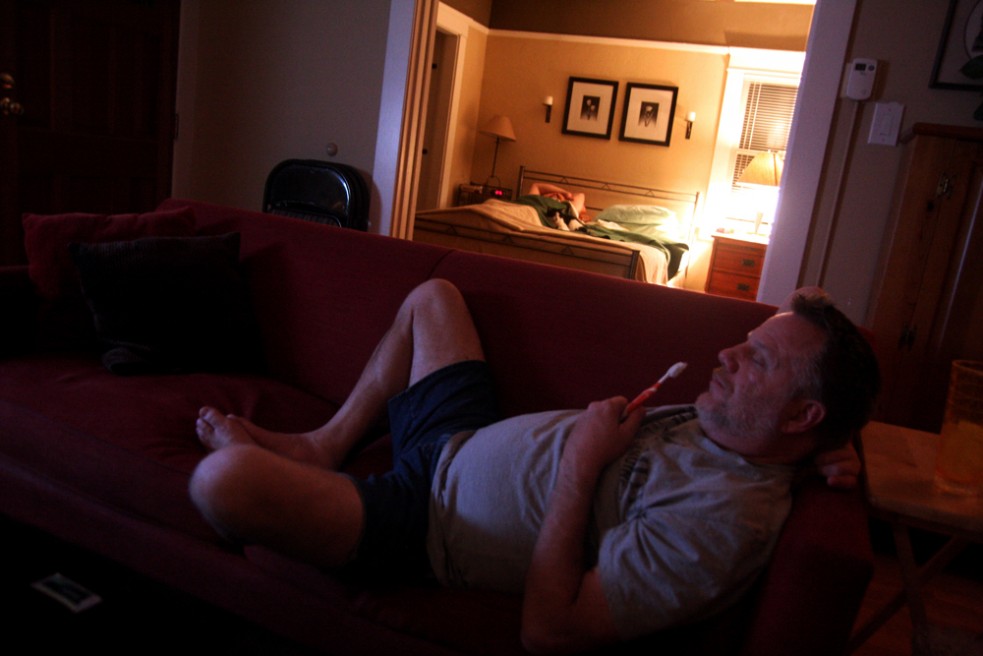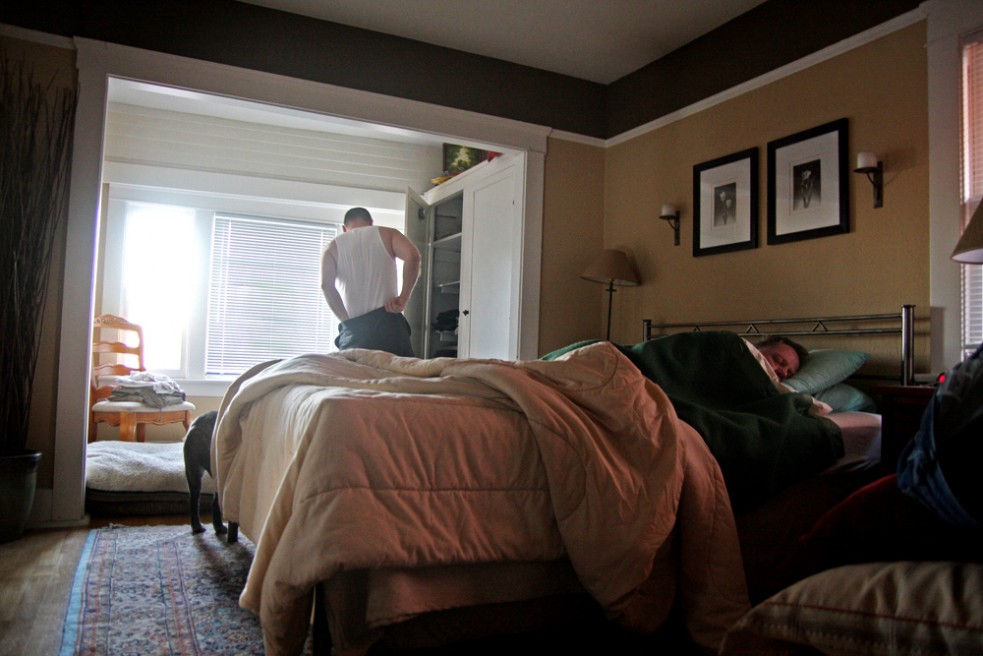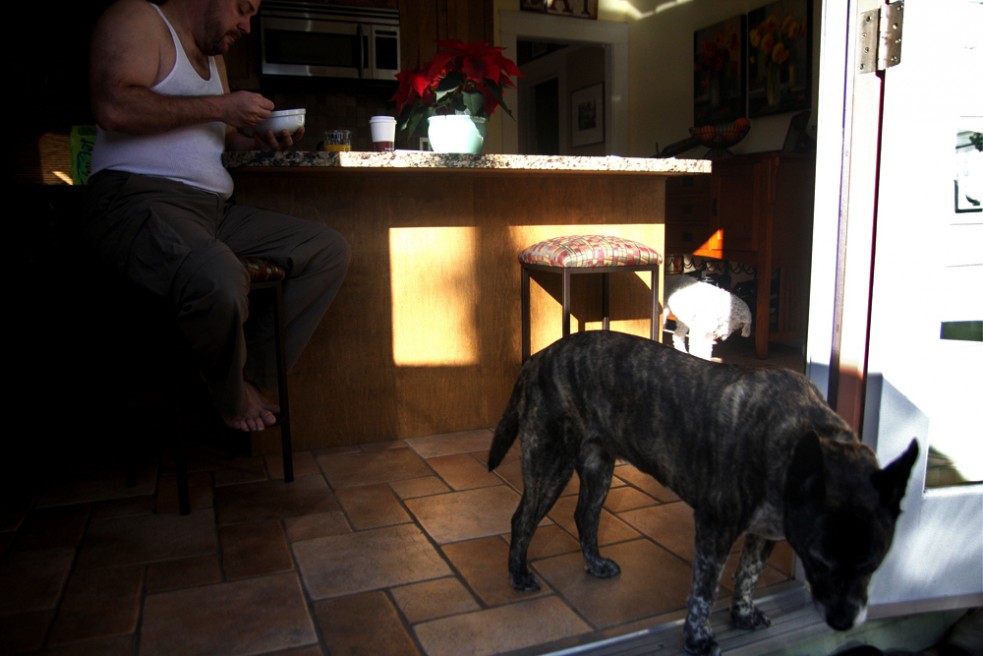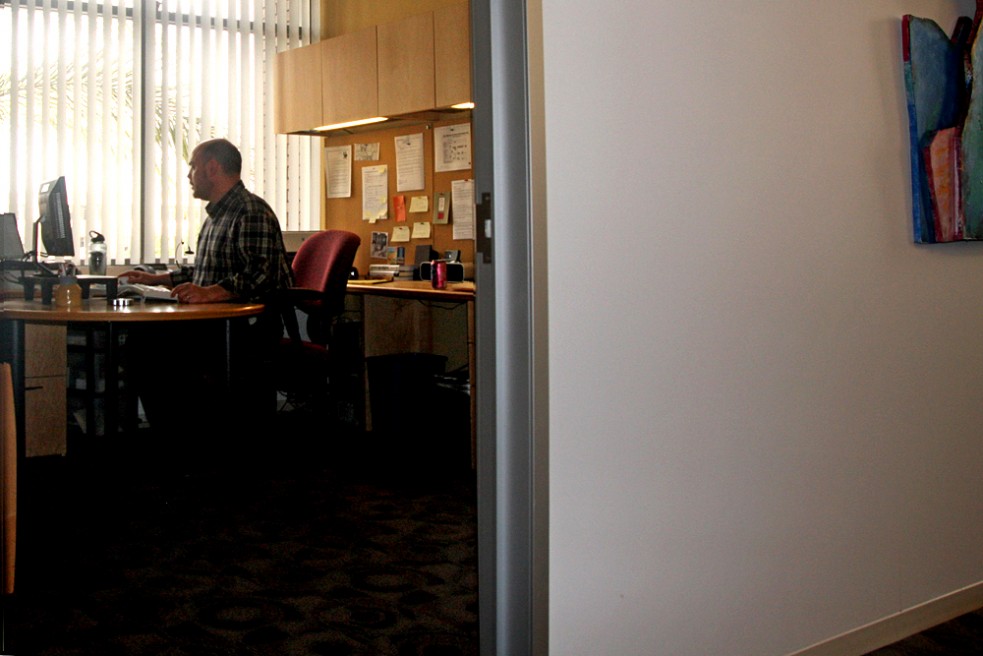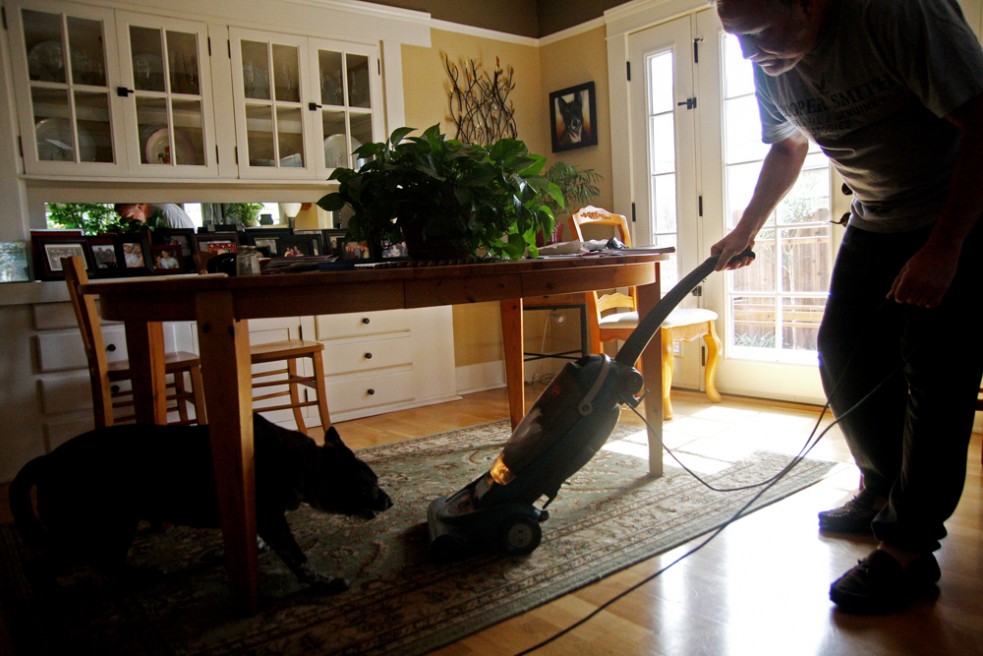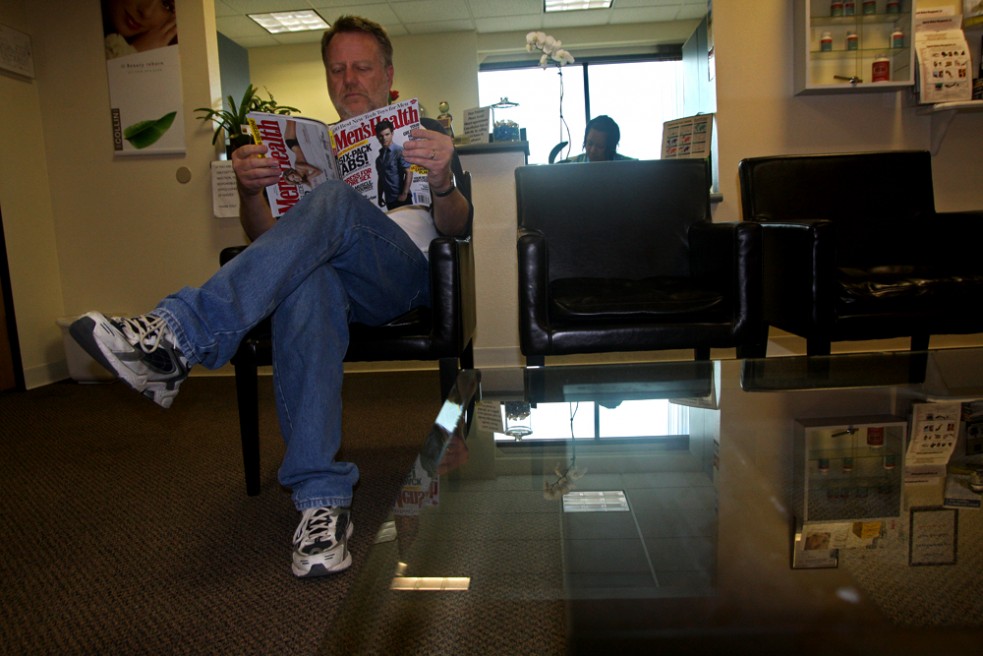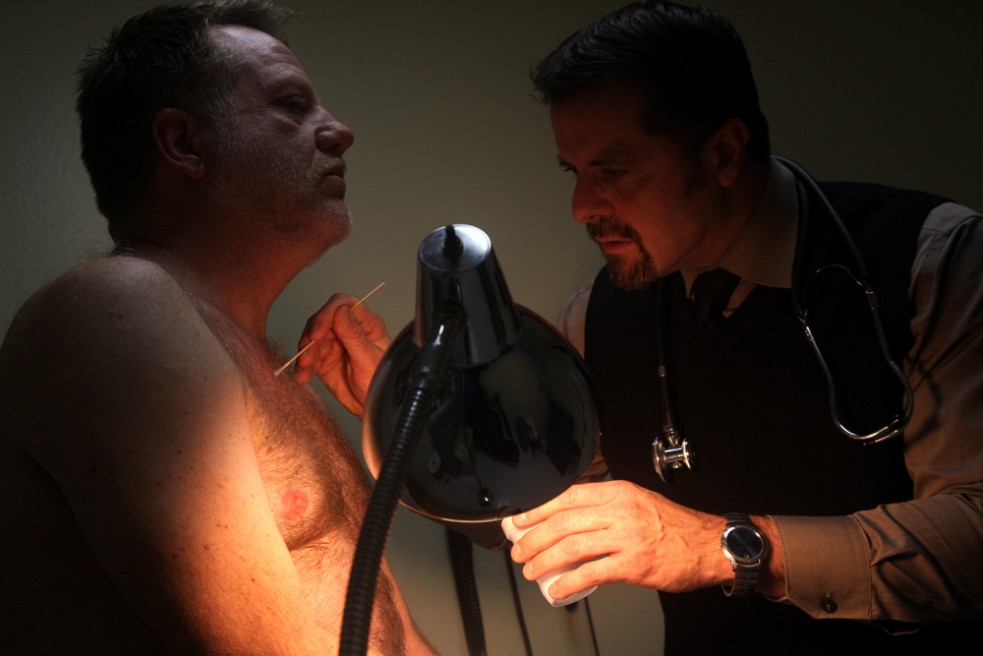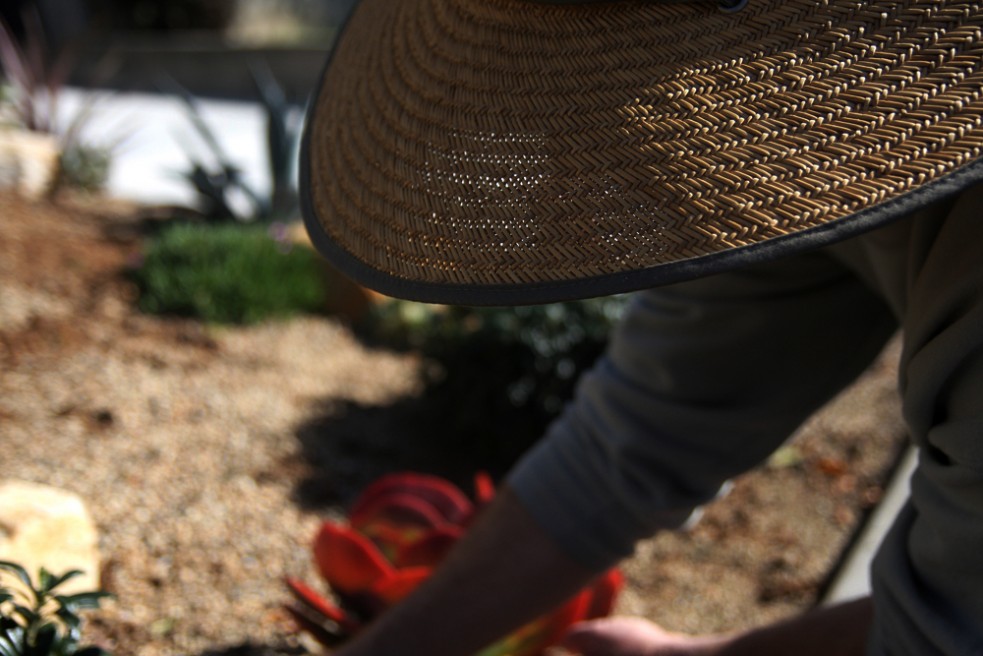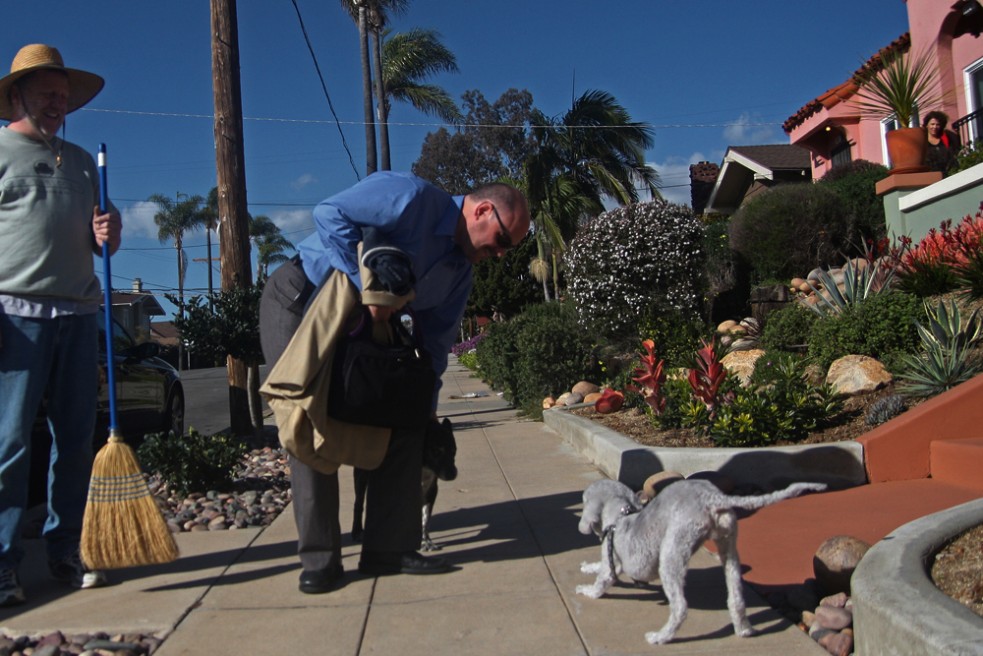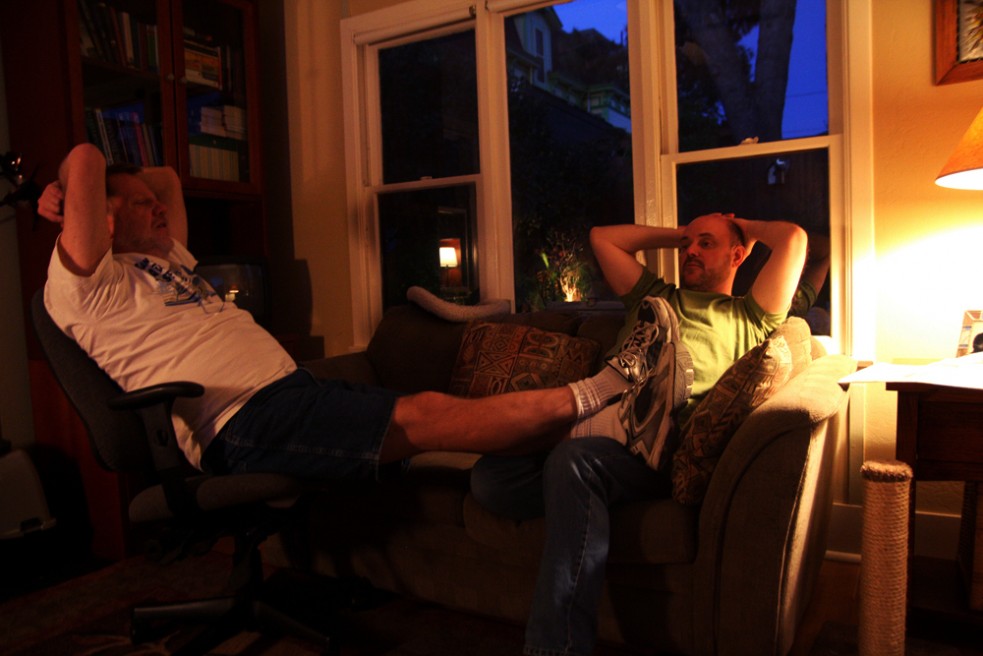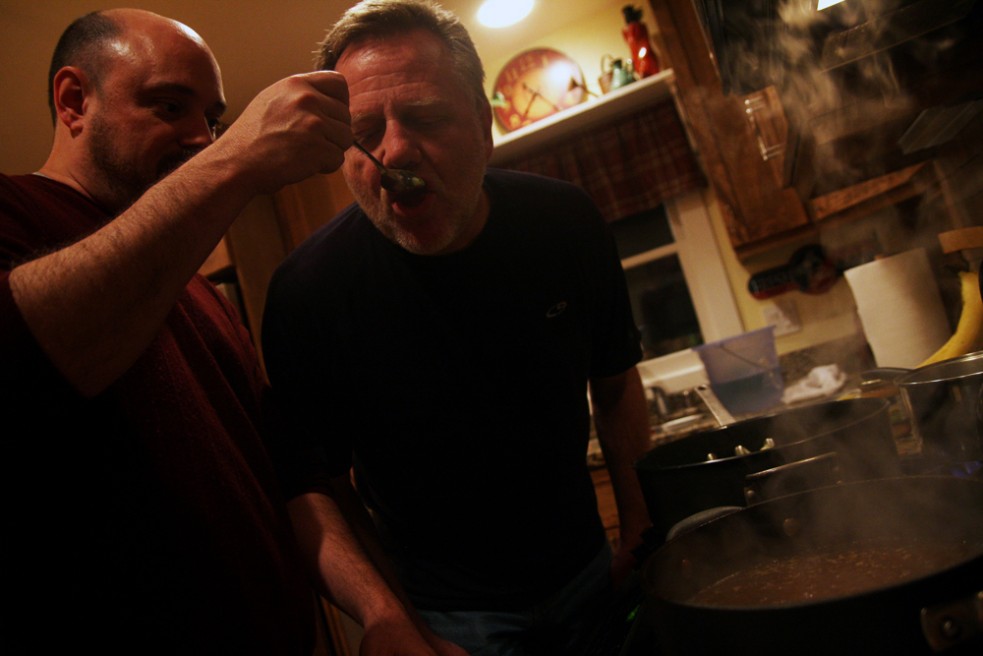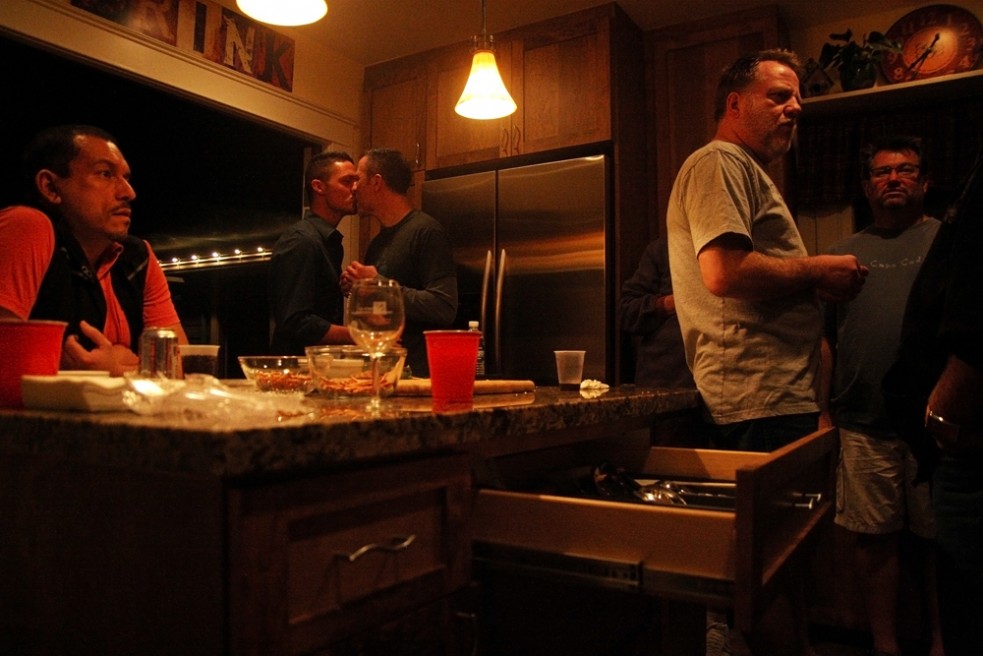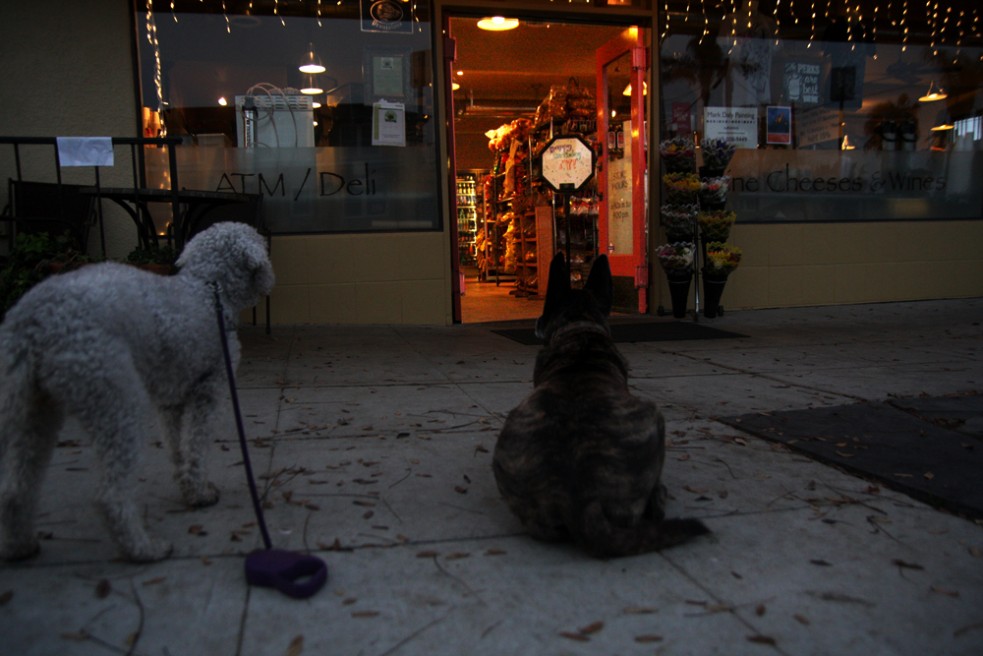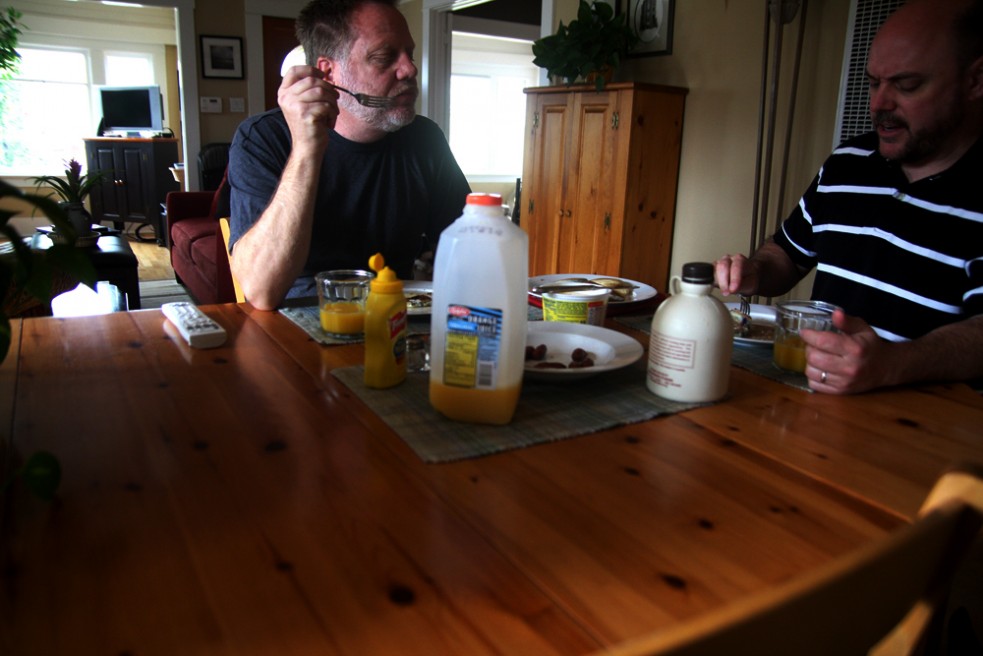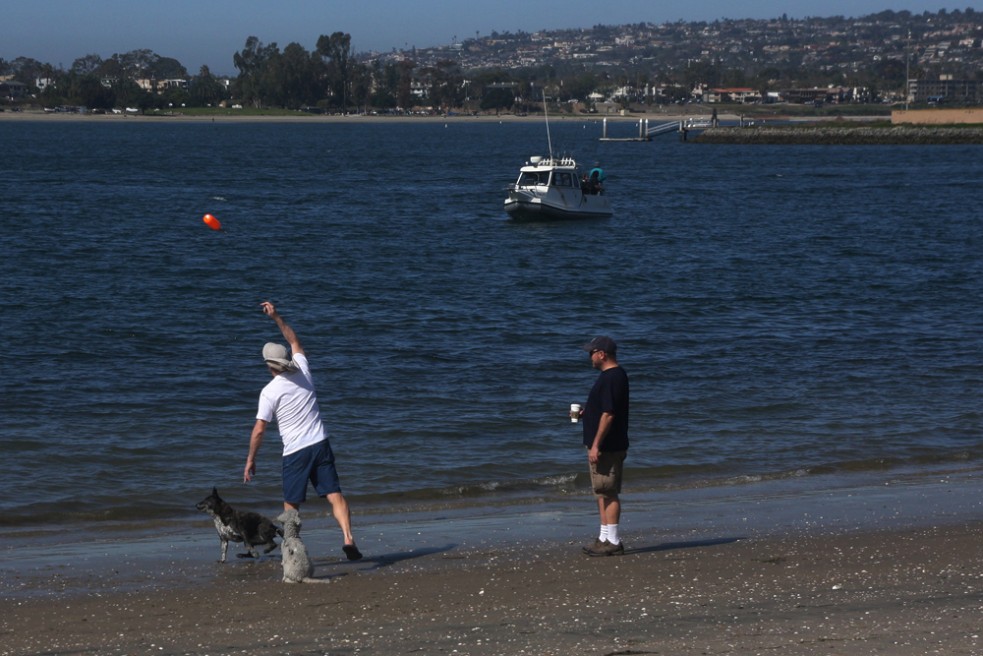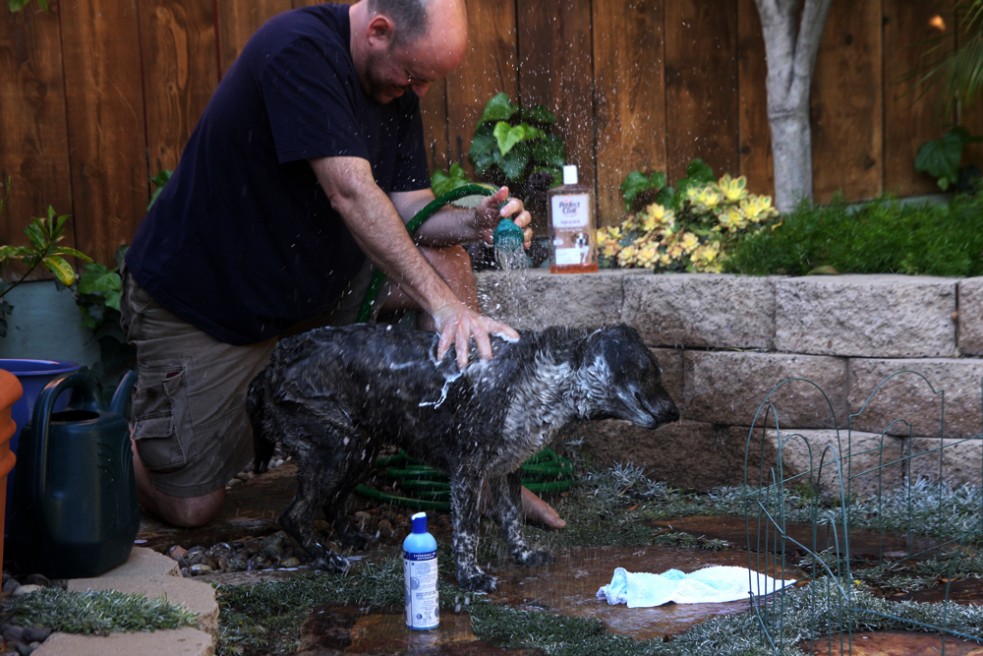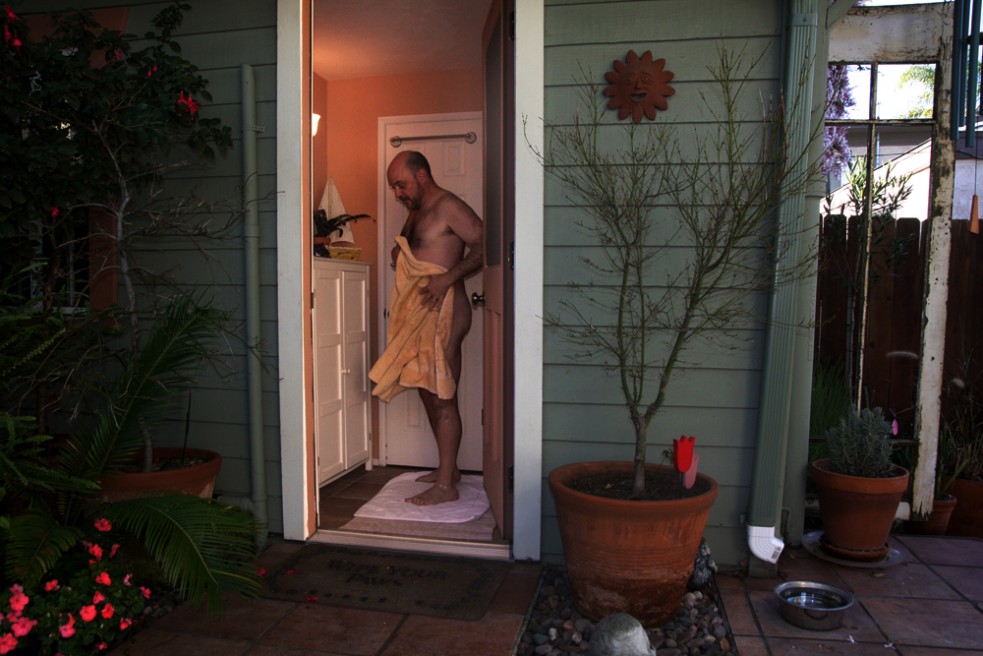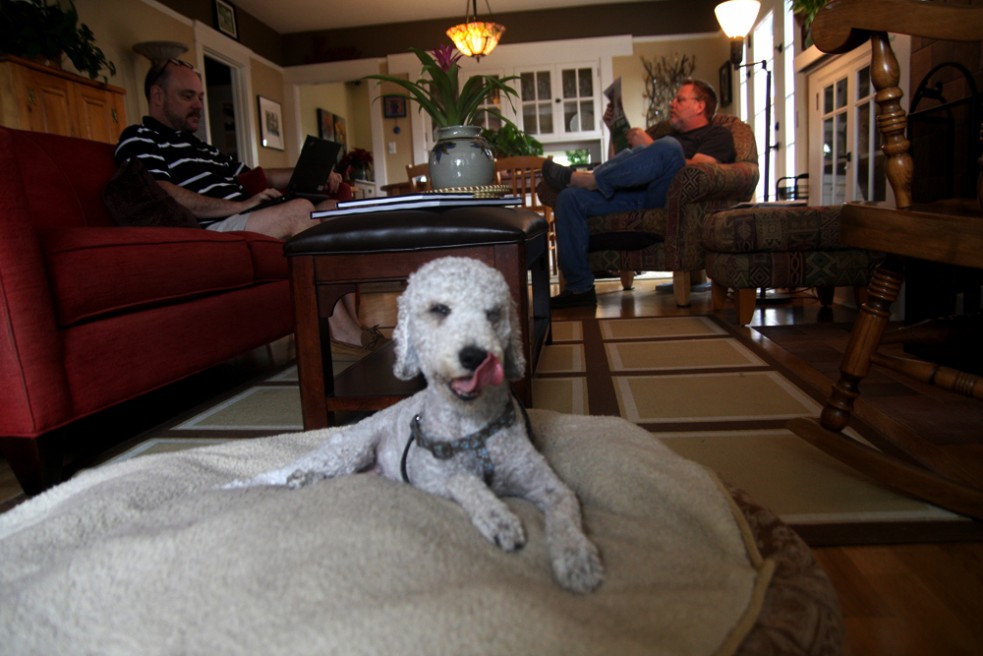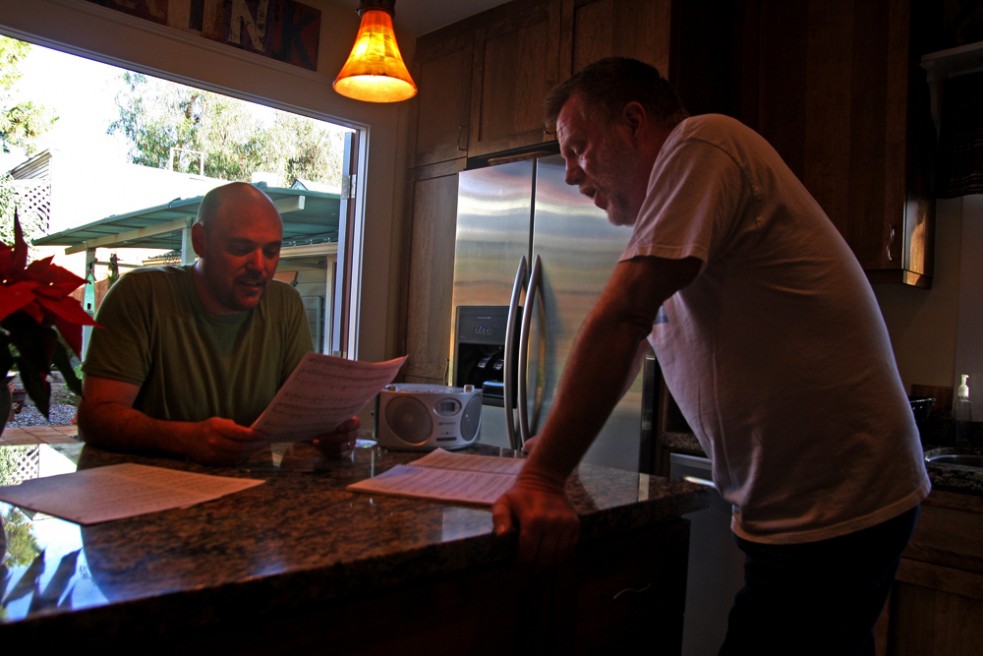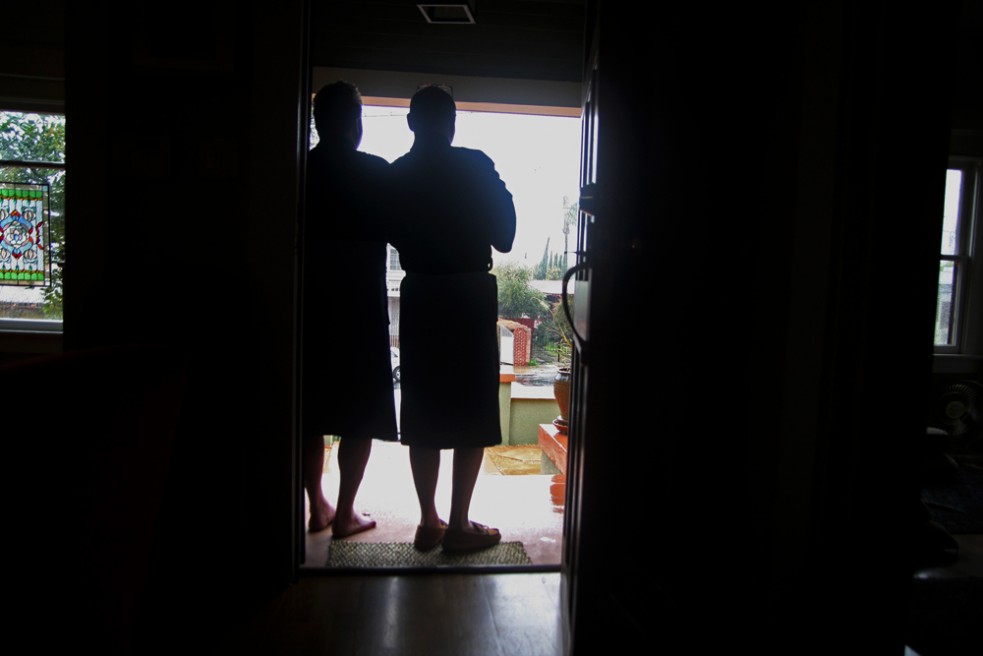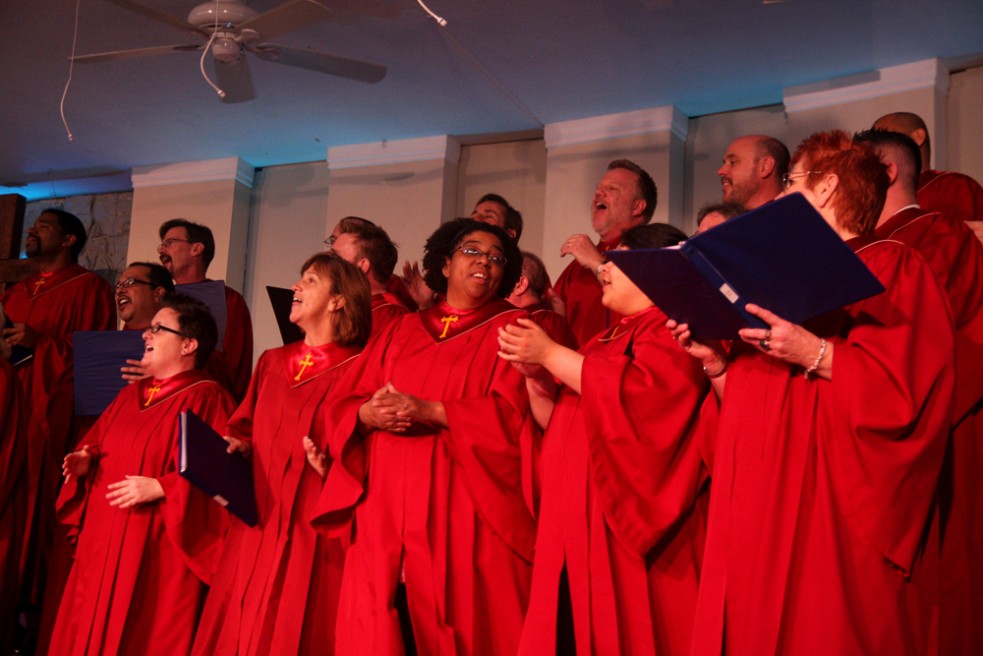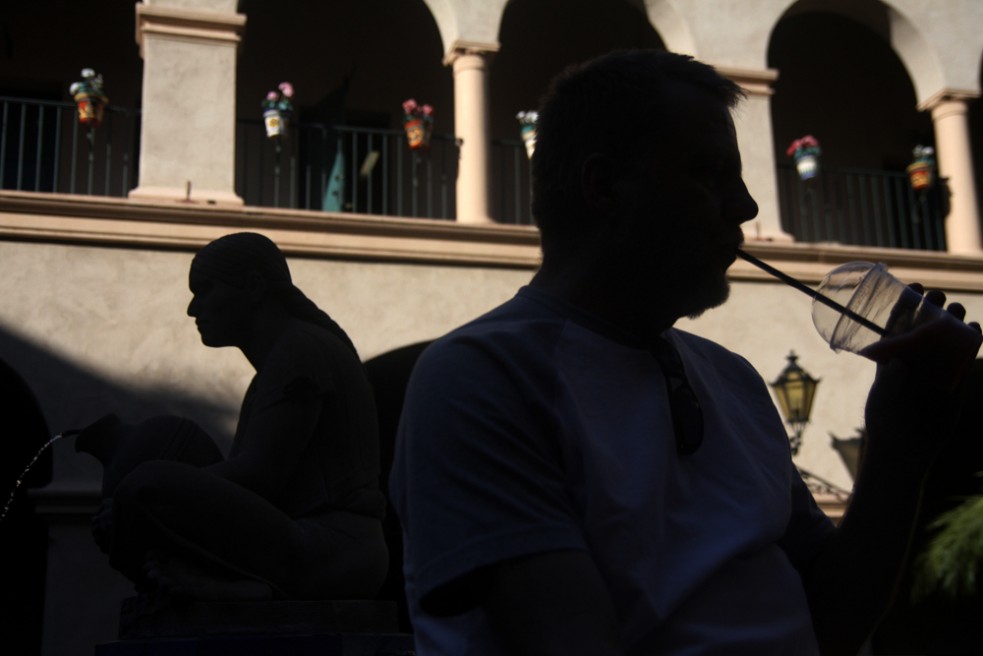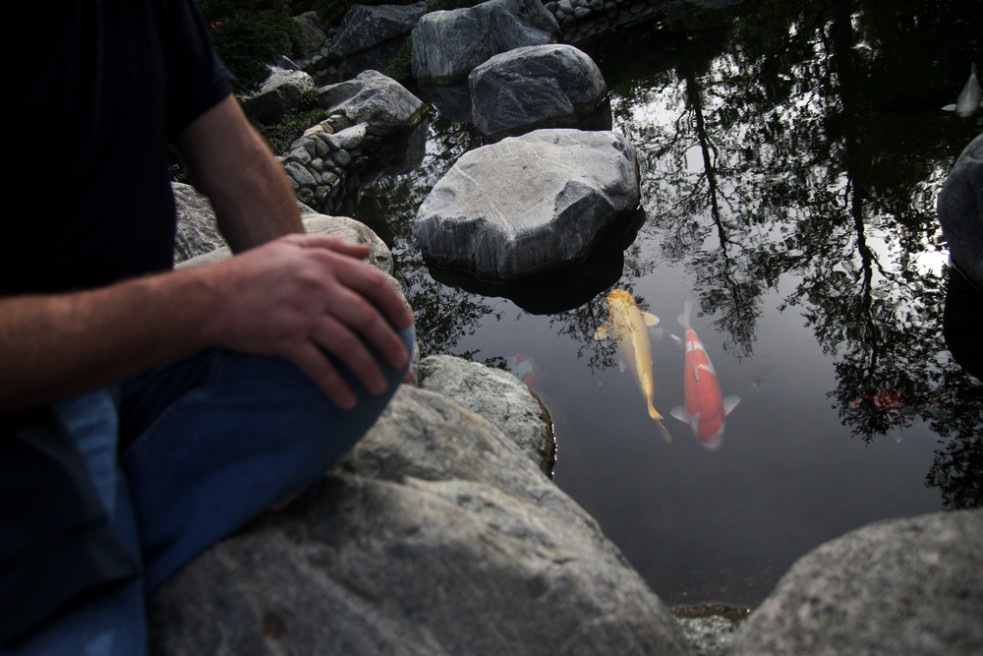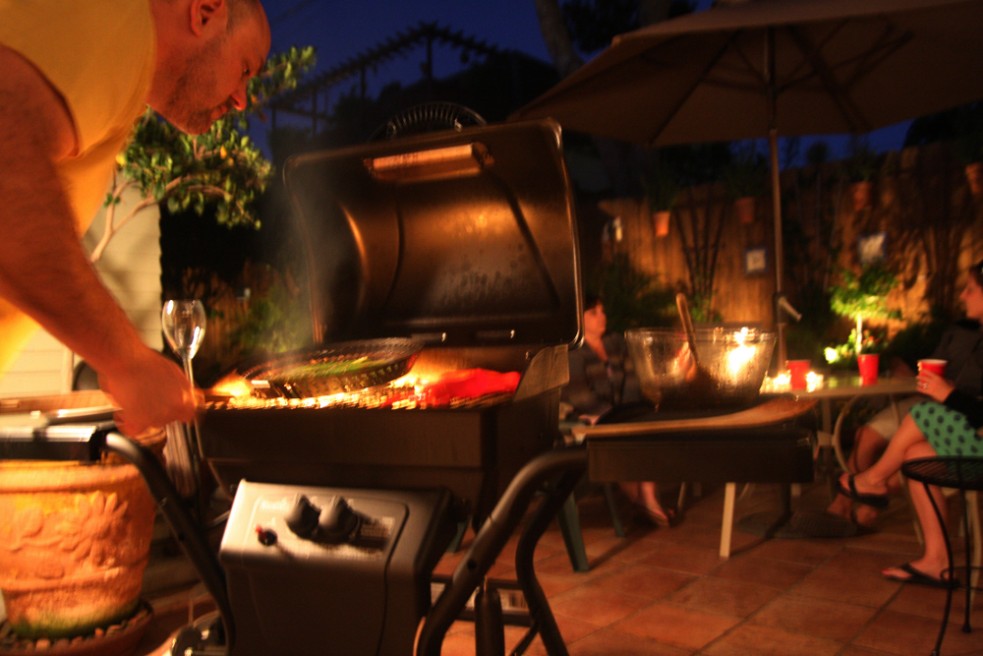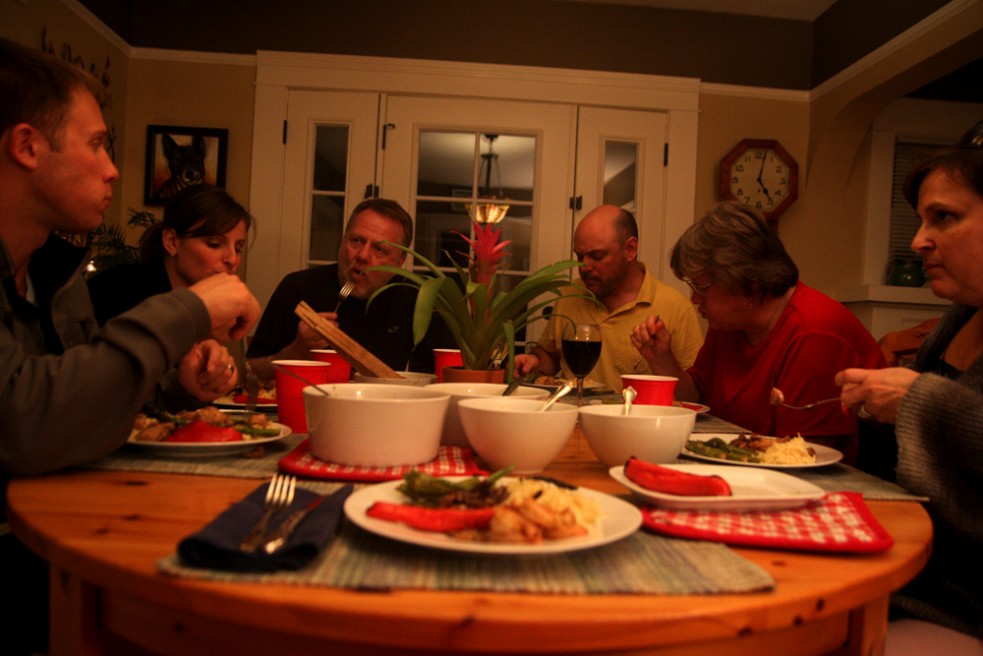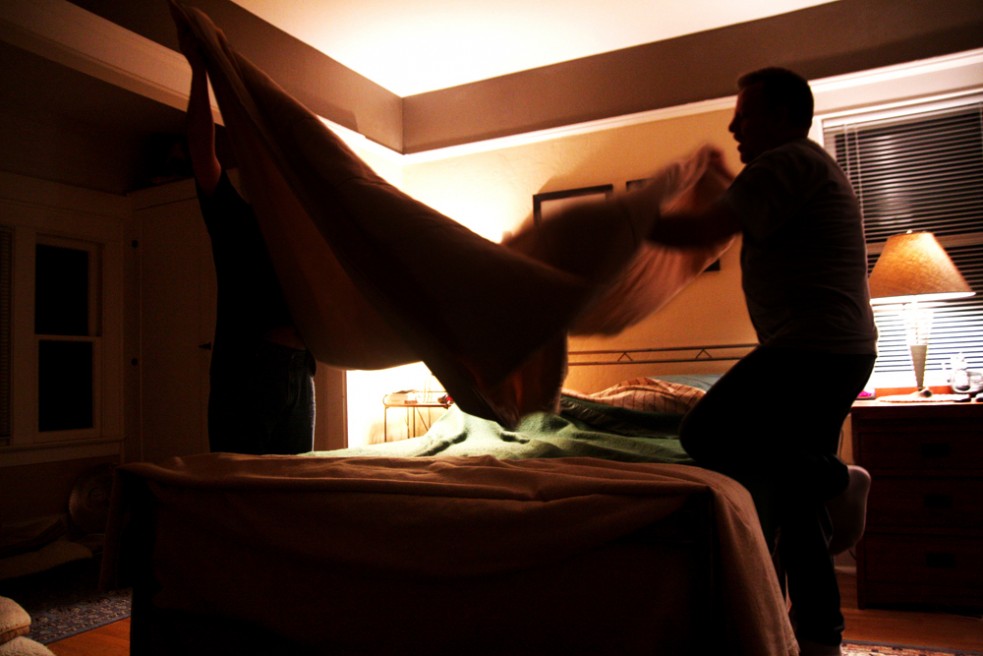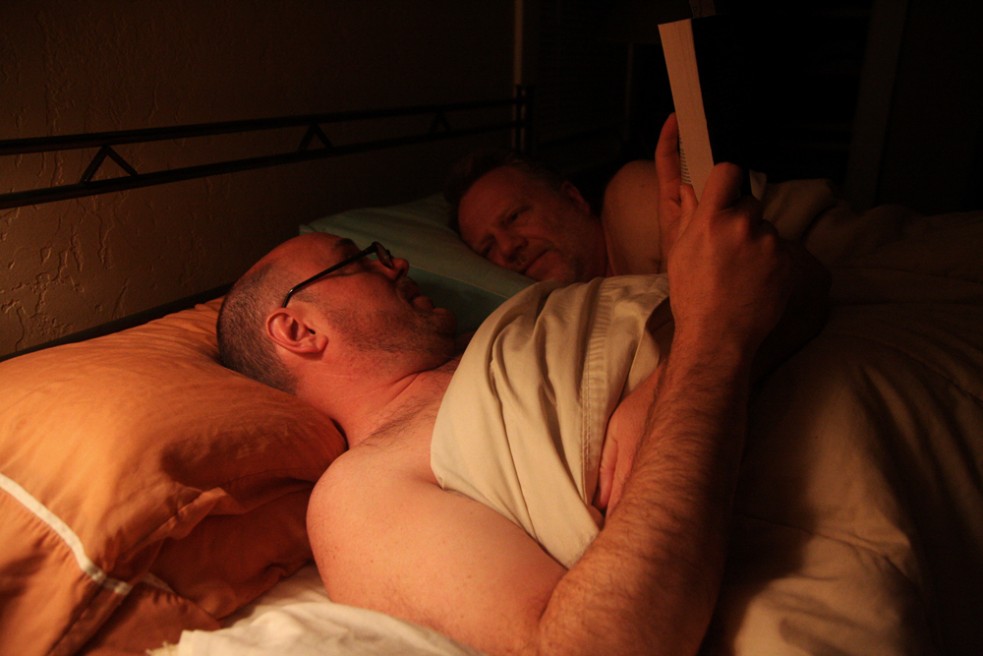The following conversation with Phil Ouelette and Scott Weldon took place in their San Diego home during a two-week photo shoot in February 2010. The interview has been condensed and edited for clarity by the photographer, Patricia Lay-Dorsey.
PATRICIA: Tell me about your decision to get married.
SCOTT: We were together 20 years when marriage became legal for gay people in California but we didn’t think we needed a piece of paper to say we were married. We knew that we were committed and that we were going to be with each other.
SCOTT: So what made us decide to get married?
PHIL: John and Jean’s visit.
SCOTT: Oh yeah. Phil’s brother and sister-in-law were coming out for a visit and we were just kind of talking about it. We thought, well, if we were going to get married it would be nice to do it when some of Phil’s family was out here because they're all back east and in Canada.
PHIL: I would never have thought that someone from my family would be present when I made a commitment to another man because my family had had a very difficult time accepting my coming out. We also knew that Proposition 8 -- well I don’t know that it was called Proposition 8 at the time -- but we knew that legal marriage was going to be contested and we thought if we were going to do it, we needed to do it now during this window of availability. And since there was somebody from my family who could be here and Scott’s family could be here, we thought if we were going to get married, let’s get married with these people present.
SCOTT: And that was like the week before they got here.
PHIL: It was rather spur of the moment.
SCOTT: So we had a really nice ceremony and then we took everybody out on a dinner cruise on the San Diego Bay, which was really nice. It was a beautiful day. And then, you know we’d said earlier that we really didn’t think we needed to get a piece of paper that said we were married, but once we did get married I think we actually both felt….
PHIL: Different.
SCOTT: Different. We realized it made a difference. That for someone to actually legally marry us. I mean, what was the feeling? How do you explain that?
PHIL: How do you explain the feeling? I don’t know. I did feel different. I remember thinking it mattered. I was connected in some way. It was more permanent.
SCOTT: I think it was just nice having family there to witness that commitment. To make that declaration publicly. To have it acknowledged.
PHIL: And after that I really started to be on the bandwagon about gay marriage. Where I’d thought previously that civil unions were fine, that we didn’t have to have marriage in the gay community, I now started to think it’s not really fair. It’s like saying that we’re second class citizens. A lot of the straight community were saying it’s not like we don’t like gay people, but we don’t want you to call it marriage. You can call it civil unions and that is fine. But what that said to me was that we were second class citizens.
SCOTT: Because what they have in being married is too good for us, that we can’t have that same thing and they wanted it to be something different. So that made me upset and angry. They were saying they didn’t feel like a gay couple could be as committed as a heterosexual couple.
PHIL: Well, a lot of our personal belief structure and a lot of what Metropolitan Community Church reinforces for us is that God loves everybody, everybody. I’ve always felt, even from the get go when we first got together, that God was a part of our lives and God was a part of our commitment in our relationship. What we have is good and blessed and wonderful. And regardless of what the state was going to do, our church, Metropolitan Community Church, would recognize us as married.
PHIL: So if my faith and my community and my religious structure sanction this relationship, then it is what it is. Whether other people choose to accept it or not, that’s their problem. I’m married. And why should the state reserve that word for a particular group of people and not allow me to have it? Take it away from everybody, give everybody civil unions and let their own churches marry them if their churches want to, or give everybody marriage. But don’t reserve it for just some of the people…
